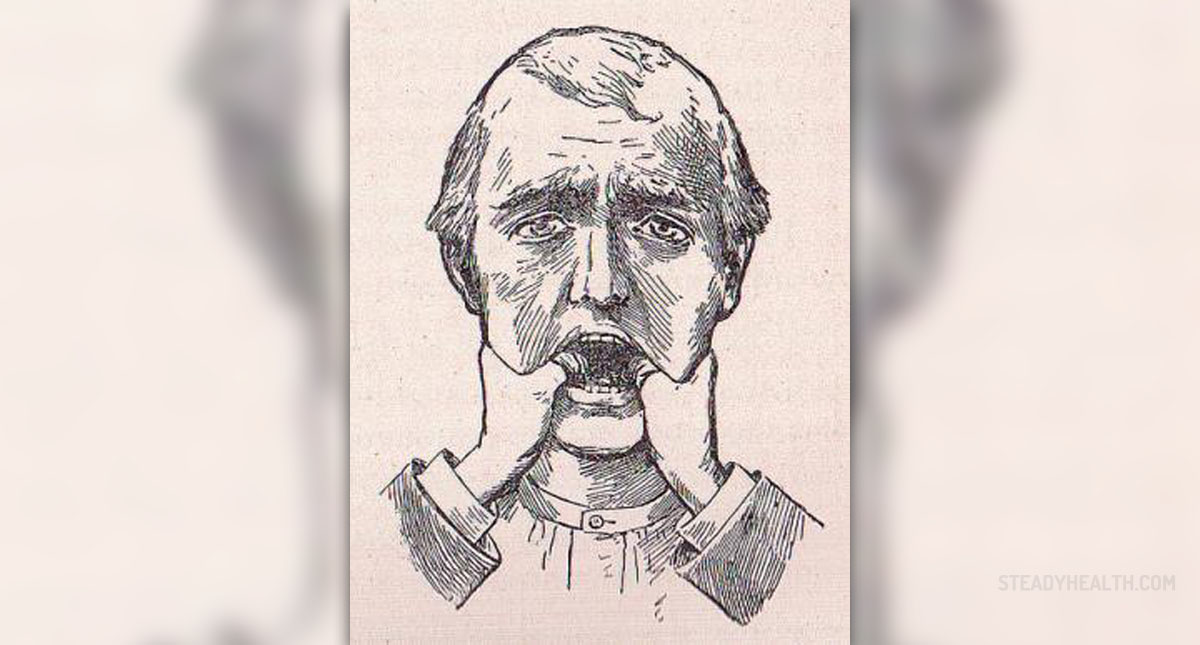
Pain in the jaw and its causes
Pain in the jaw can signalize that there is some problem in the jaw or in some other place near the jaw. The jaw extends from the front of ears, where it is met with the skull. That bone that is settled there is called lower jaw bone and due to it, we can open and close our mouth. The name for jaw joint used in medical science is the temporomandibular joint (TMJ).
The most common causes of jaw pain include conditions that affect small bony growths around the joint. Those growth can already exist there or they can be newly formed and due to that, they can interfere with the jaw function and cause pain. People who are at certain age in there life can have pain due to the arthritis. Malocclusion is another possible cause of jaw pain, and it is a condition in which there is an imbalance with your teeth and bite. Dislocation can appear due to some former injuries and it can also cause severe pain. It is a condition when the jaw doesn't open and close as it should, causing thus a great deal of pain. Among the causes of TMJ are teeth grinding and clenching that people are usually unaware of, since they generally do that while sleeping. Nail biting and holding finger in the mouth are some of the most common causes of TMJ.
Symptoms of painful jaw
The first symptom is, of course, pain followed by morning headaches. If you feel that your jaw is clicking while opening and closing your mouth, then you should be aware that there is a problem. Your jaw can also lock leaving you with your mouth open or closed unable to change its position. If you feel that you can not open your mouth to the full extent, then that is also an indicator that your jaw is not functioning properly. All of these symptoms can become more severe over time, leaving you unable to eat, or chew. Sometimes, pain can occur because of ligaments and muscles that are around the jaw. These ligament become loosened up, and you can hear your jaw clicking.
Treatment
Dentist is a professional who will help you find the cause of your jaw pain, but it is important to tell him about all of your symptoms, so that, he can make a proper diagnose. Depending on the cause, a dentist may suggest the type of the treatment that is the best for your problem.


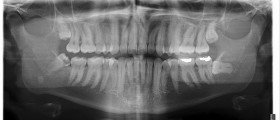
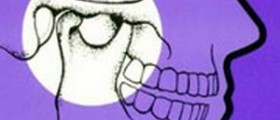
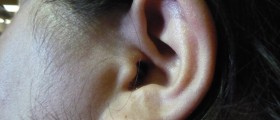


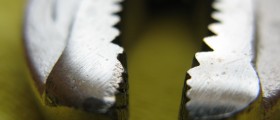


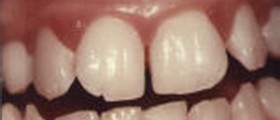

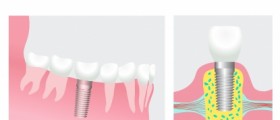

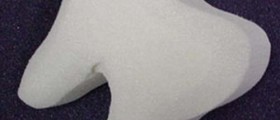

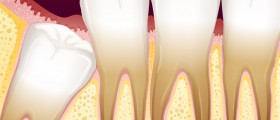
Your thoughts on this
Loading...